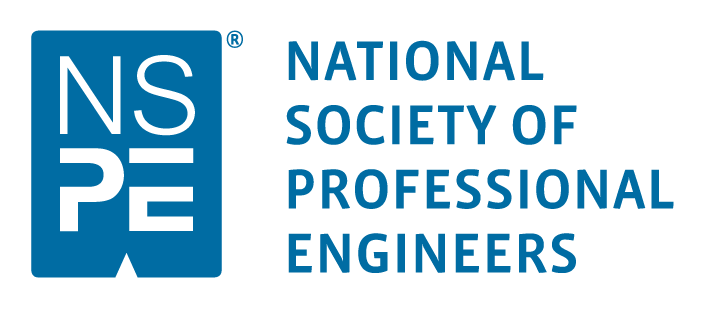Storage Tanks
Underground and Aboveground Storage Tanks (USTs and ASTs) are regulated in the State of New Jersey. Many facilities have onsite USTs and ASTs containing fuel for their combustion equipment. It is important that these tanks be properly maintained, inspected, monitored, and repaired when needed. The liability is vast for a facility with improperly maintained tanks since the potential for a leak or spill to the surface, subsurface and groundwater is imminent.
The Underground Storage Tank Compliance Act makes it “unlawful to deliver to, deposit into, or accept a regulated substance into an underground storage tank at a facility” unless it is in compliance with underground storage tank regulations.
We provide annual compliance review of your facility and ensure that staff is keeping the proper documentation, routine inspections and maintaining the tanks in accordance with the regulations.
As Licensed Professional Engineers we can provide the design, specifications, drawings, and construction oversight of newly installed USTs and ASTs.
On January 16, 2018, the NJDEP adopted changes to the Rules for Underground Storage Tanks (UST), N.J.A.C. 7:14B, Water Pollution Control Act, N.J.A.C. 7:14, and Administrative Requirements for the Remediation of Contaminated Sites, N.J.A.C. 7:26C. This Rule affects all healthcare facilities with USTs. Click here to view new Rules.
The updated rules and amendments relate to secondary containment; operator training, designation and duties; partially regulated UST systems; field constructed tanks and airport hydrant systems; operation and maintenance walkthrough inspections; UST registration; notification; UST service provider; certifications; and civil administrative penalties.
The rules apply to tanks that store motor fuel; liquid petroleum products; waste oil; all heating oil tanks of 2,001 gallons or more; or other hazardous substances for on-site consumption at businesses or commercial operations.
Owners and operators are required to comply with these updated regulations, including the requirement of having Licensed Operators at the facility. To be a licensed operator, you must attend a class at Rutgers University administered by the NJDEP and pass an ICC examination. Click here for a Rutgers University FAQ sheet.
Our Services
- ASTM Phase I Environmental Services
- Phase II Environmental Investigations
- Air And Water Pollution Control Design
- Air, Water & Discharge Permitting
- Spill Prevention Control & Countermeasures Plan
- Annual Regulatory Compliance Audits
- Storage Tanks
- Stormwater Management
- Hazardous, Medical, Universal Waste Management Practices Evaluation Survey
- NJDEP and EPA Regulations







